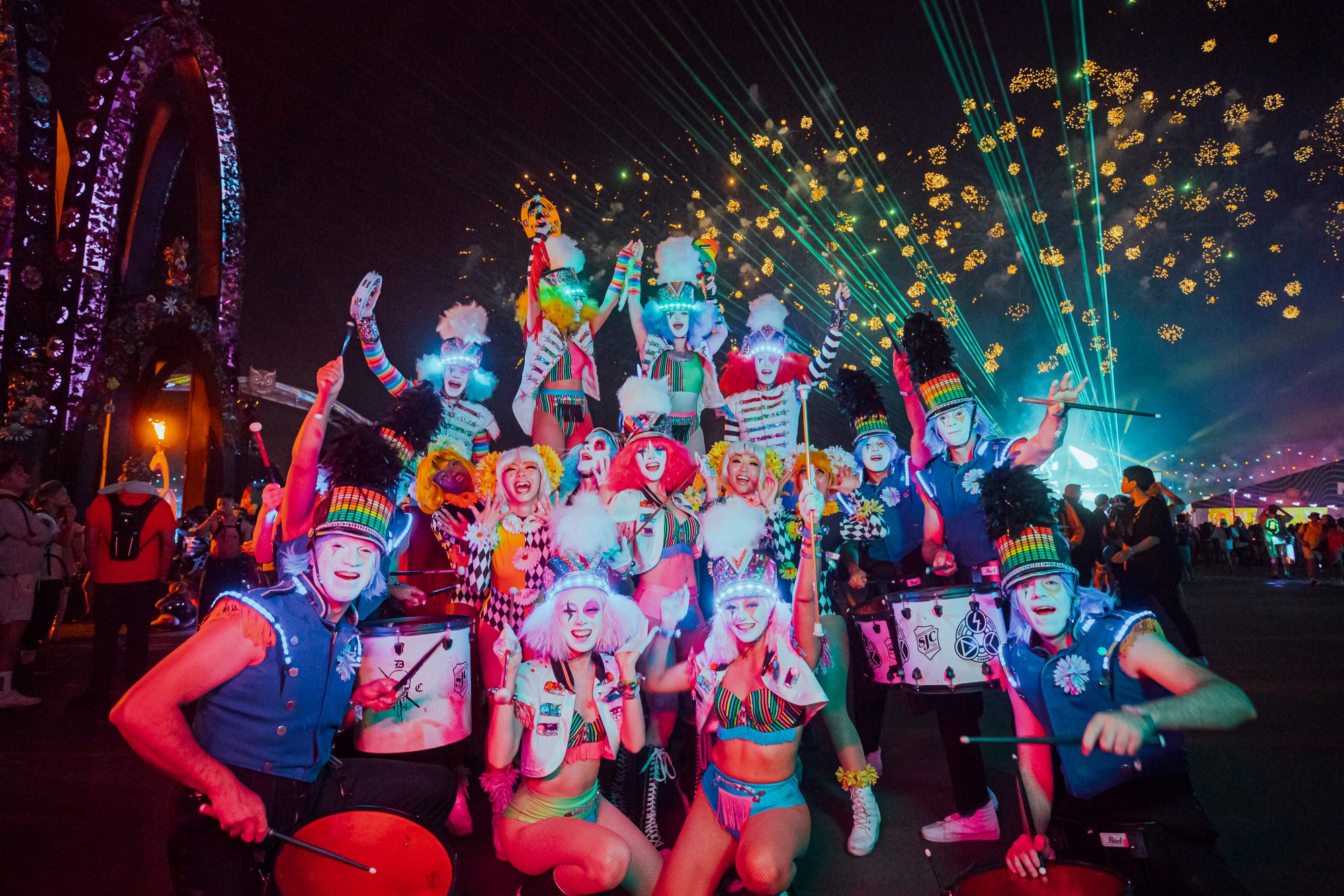"Okay, let’s get to the albums part here – discog – let’s scroll down,” Bob Mould murmurs under his breath, pulling up his Wikipedia page midway through our conversation.
I’m sure there are people who can tell you that District Line came out in 2008 and Life and Times in 2009 – not the other way around – and the name of track eight on the former and track nine on the latter, and so on and so on. But Mould’s back catalogue is voluminous – so how can he be expected to keep track of it?
With Hüsker Dü, whose influence on alternative music is surpassed by only a handful of artists, Mould made six albums in four years – including a near-perfect run of three albums, Zen Arcade, New Day Rising, and Flip Your Wig, that they managed to cram into the fateful 1984–1985 window.
Rising like a phoenix after Hüsker Dü’s chaotic combustion, Mould graduated to a prolific, varied solo career. And nobody is forgetting about Sugar, the short-lived fan-favourite project he helmed in the ‘90s – songs from which he still bolts through every night.
When an artist has been creating work for such a prolonged stretch of time, little moments of kismet naturally arise, like how The Simpsons keep accidentally ‘predicting’ the future. For instance, as Mould tells me from his home in the California desert, “The intention with Blue Hearts was, in my magical thinking mind, ‘I’m like, ‘92 Copper Blue and we got Bill Clinton, so maybe if I make another blue record in 2020, we’ll get a Democratic president. And we did. It worked again. In my magnificently magical, minuscule mind, it all worked out.”
Of course, it didn’t all work out.

Blue Hearts, released in 2020, was a furious condemnation of the increasingly mainstream alt-right, its brazen contradictions (“pro-life, until you make it in someone else’s wife,” he barked), and the “American Crisis” in general, which has only deepened in the five years since, bubbling over into one intent on upending everything from historical alliances to the environment to the safety and autonomy of minority groups.
For Blue Hearts, Mould tapped into a familiar, decades-old rage, looking “backwards in time to the fall of 1983, which was three years into the first Reagan administration, and thinking about who I was then, what the world was like then, what did I have in order to affect any kind of change, or who I was at that time with very few resources,” he explains. “I brought that feeling as best I could to the material.”
It’s pretty damning that the anger he felt at the height of trickle-down selfishness, when homophobic government policies entrenched the AIDS epidemic and killed thousands – that this rage comes back so easily, as the world today refracts darkness and cruelty in frighteningly familiar ways. “We were marginalized and demonized / I watched a lot of my generation die,” he roared five years ago on “American Crisis”.
Mould’s new album, Here We Go Crazy, steers out of the skid. The title seems to give us an eye-roll, or a shrug, while the title track itself keeps a tempo akin to a reclined sigh, finding Mould “lost on a mountain,” where “no one can find me.” Elsewhere, he’s safe inside his “breathing room,” and later, finding a spot of shade or a “little swimming pool, you can do your laps all day.”
Here We Go Crazy suggests that it’s okay to hide under a blanket now and then, its central premise to take care of each other and find comfort in simplicity. You can’t keep up the fight every single day. You’d go crazy.
To arrive at this epiphany, the album follows a hero’s journey arc. Mould compares the opening song, “Here We Go Crazy”, to “Sgt. Pepper’s” – a sort of overture. “It’s like, here we go, here’s what it sounds like, here’s the characters, and here’s a handful of icons to hold on to as we go through this,” he says.
Around the album’s midpoint, the darkness and cabin fever set in, but in the final act comes resolution. Our hero – and the listener – surges out of the darkness, and we end with a euphoric, tear-jerking, everything-makes-sense-now ode to love. “That’s the bright part,” Mould tells me, “the bright finish. If ‘Here We Go Crazy’ is a good soliloquy, then ‘Your Side’ is a wonderful little epilogue to the whole 32 minutes.”
With the first song from his Personal Best, Mould spins us around and removes the blindfold on the darkness of 2025. But gradually we reverse through forty years of music – tracing confident, feel-good highs and poignant lows – before concluding in Hüsker Dü’s tumultuous wig-flipping days on the road.

 1 month ago
19
1 month ago
19


















 English (US) ·
English (US) ·